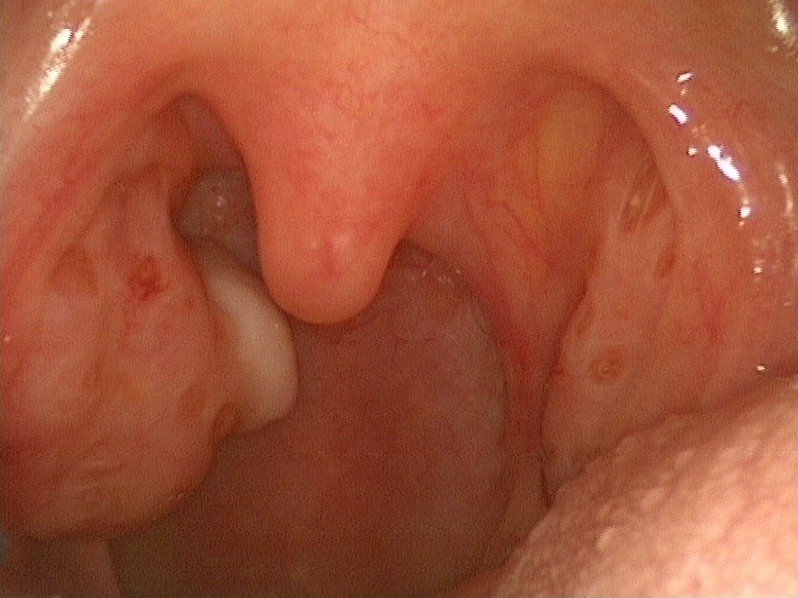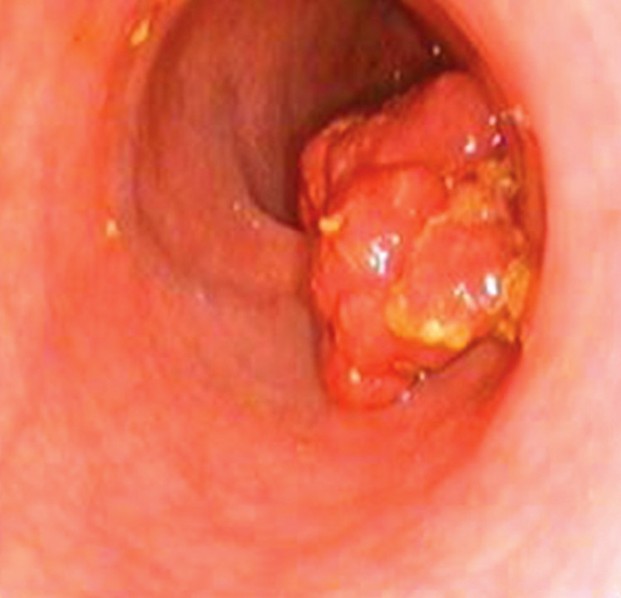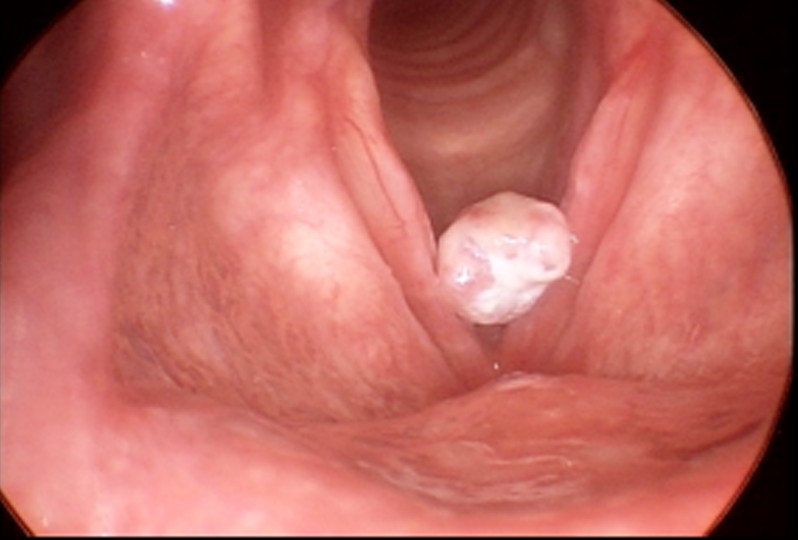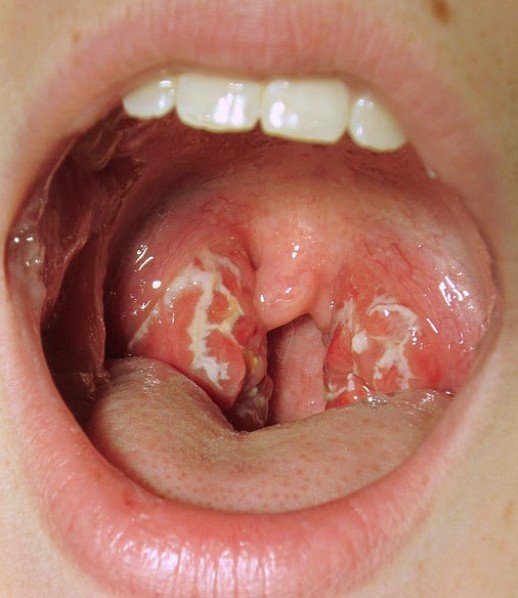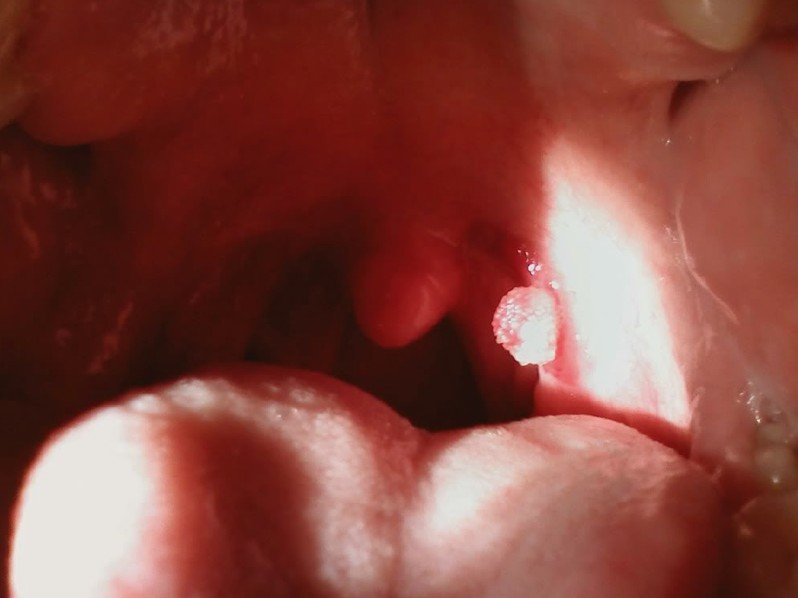Throat Polyps
What are Throat Polyps?
Throat polyps are fleshy growths that appear in the throat, without being cancerous or associated with any particular diseases or illnesses. They usually form on the vocal chords and the causes for appearance are varied, with one common point: vocal abuse. More severe cases of throat polyps are also known as polypoid degeneration or Reinke’s edema. As it was already mentioned, these are benign growths and they appear after repeated vocal abuse, ranging from soft, swollen spots to larger growths.
According to the medical literature, throat polyps are more frequent in women in the 20-50 age category and they can take a number of forms, appearing on one or both vocal chords. Some of these throat polyps tend to be large and bulge, affecting a person’s ability to speak. They are common among adults and some can disappear on their own, without requiring any particular treatment. Others require medical treatment and, fortunately, they respond well to that said treatment. Any abnormal growth on the vocal cords can cause damage and this is why you need to seek out medical attention. Depending on the nature of the throat polyps, you might suffer from a wide range of voice disturbances.
What are the Symptoms of Throat polyps?
The symptoms of throat polyps depend on the type and extent of the vocal abuse, from one person to the other and they can take from several days to weeks to develop. These are the most common symptoms of throat polyps:
- The voice can be:
- Hoarse
- Breathy
- Rough
- Scratchy
- Harsh
- Shooting pain from one part of the head to the other
- Lump sensation in the throat
- Neck pain
- Decrease in the range of the pitch
- The voice fatigues easily
- Loss of ability to speak
Possible Causes of Throat polyps
The main cause behind throat polyps is vocal abuse. Below, you will find the causes that can lead to vocal abuse and thus throat polyps:
- Long term vocal abuse as occupational hazard
- Single traumatic event to vocal chords
- Prolonged and excessive smoking
- Excessive alcohol and caffeine intake (dries out the throat and vocal chords)
- Thyroid problems (hypothyroidism)
- GERD and other digestive disorders
- Yelling
- Allergies
- Tense muscles
- Improper pitch
- Speaking excessively
- Singing
- Coaching
- Screaming or yelling at concerts
- Using voice excessively and loud while sick (for example, in case of laryngitis)
- Cheer-leading
- Loud talking
Pictures of Throat polyps
List of pictures of throat polyps…
Treatment
Depending on the number of throat polyps, their size and symptoms presented by the patient, the treatment might go in three directions: medical, surgical or behavioral. These are the most common courses of treatment undertaken not only for throat polyps but also for the vocal abuse that has led to their appearance in the first place:
- Surgical intervention – this is recommended in order to remove the polyps from the vocal chords. The recommendation for surgery is made when the throat polyps that are present on the vocal chords are either too large for other treatments or they have been there for too long a time
- Anti-acidic medication for GERD and other digestive disorders accompanied by acidic reflux
- Hormone therapy for thyroid disorders such as hypothyroidism
- Anti-histamines for allergy problems
- Smoking cessation therapy for those who are addicted on nicotine
- Stress control therapy, as constant stress on the voice can also lead to the appearance of throat polyps
- Inhaled steroid sprays can help with the inflammation, reducing the lump sensation in the throat
- Behavioral intervention – perhaps this is the most important course of treatment that one can follow, besides the obvious surgical intervention. This is also known as voice therapy and it is often practiced with the help of an experienced speech language therapist. The voice therapy can help you with the following aspects:
- Learn vocal hygiene that will help prevent the formation of throat polyps in the future
- Reduce or stop certain behaviors that actually lead to vocal abuse and thus to the appearance of polyps in the throat
- Voice treatment in case of improper pitch. The speech language therapist can teach patients to alter their pitch to a normal level, one that is not harmful to the vocal chords
- Voice therapy for loud speakers
- Breathing exercises for improved speaking (less straining on the vocal chords reduces the risks of throat polyps)
- Stress reduction and relaxation techniques concentrated particularly on the voice
- Singing without straining
- Voice therapy after the throat polyps operation
As you can see for yourself, throat polyps can have a clear influence on the quality of your voice and sometimes they can even prevent you from speaking. If you experience any of the symptoms that were presented in this article, then do not hesitate to seek out medical attention as soon as you possibly can. You will see that two of the most popular choices of treatment are surgery and behavioral intervention or voice therapy as it will also known. Sometimes, the surgery is performed in order to remove the throat polyps and voice therapy is recommended during the recovery period.
The surgeon might also decide to perform a biopsy in order to determine whether the flesh growths are cancerous or not. However, it is a general known fact that throat polyps are not cancerous and the biopsy is used for the confirmation of a benign growth. The speech language therapist will work on all the things that were mentioned above and he or she might also recommend that you take a temporary pause from speaking (or especially yelling and singing), allowing the vocal chords to recover after the surgery.
Allowing yourself that pause will not only allow the chords to properly heal but it will also guarantee the prevention of future throat polyps. You need that pause and it might be in your best interest to follow the advice of the speech language therapist, as this person has dealt with such cases before.
